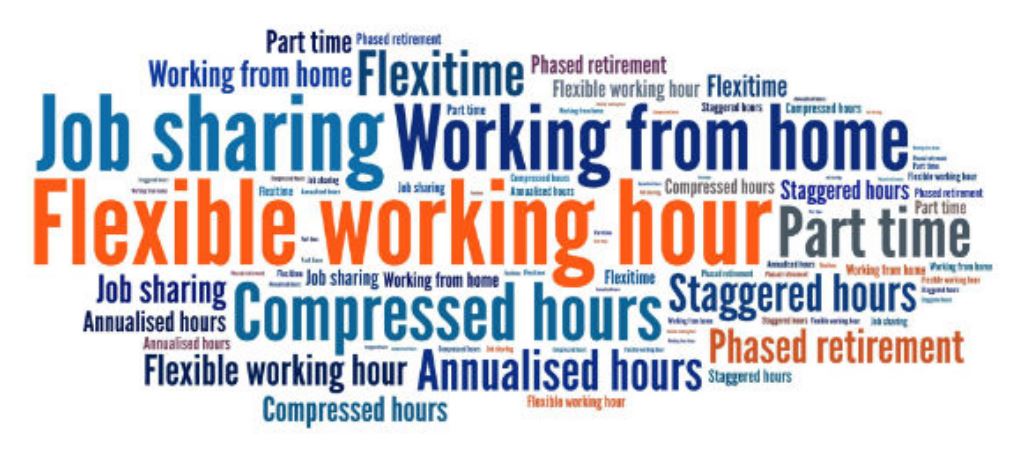Can Flexible Working Act as Employee Recruitment and Retention Tool? – A Study of NHS Direct (2013)
Flexitime Arrangements at NHS Direct Dissertation – Throughout the world labour markets are undergoing a tremendous shift towards flexible working, notably in the health sector. The competition in attracting and retaining employees among organisations is growing. From recruitment to performance appraisal to compensation and benefits, the public sector is committing itself to innovate practices that seek to attract and retain employees.
The public sector in the United Kingdom is open to different work patterns including part-time, job share, flexitime, annualized hours and career breaks. Flexible working and work-life balance are considered as tools that increase the attractiveness of public sector jobs. This research paper aims to analyze the role of flexible working (flexitime) in the recruitment and retention of public sector employees.
This dissertation will focus on the impact of Flexitime on the recruitment and retention processes of public sector organisations. It aims to determine whether flexitime helps attract and retain public sector employees. The focus of the research proposal is the impact of flexible working on the recruitment and retention processes of a public organisation in the United Kingdom, which is the National Health Service (NHS). The study is designed to determine the importance of flexitime arrangements as a recruitment and retention tool in NHS Direct. The specific aims of the study are:
- To determine whether flexitime arrangements attract job applicants to apply at NHS Direct.
- To determine whether flexitime arrangements affect the employee’s decision to stay at NHS Direct.
- To determine whether flexitime arrangements affect employee motivation, its impact on employee performance in particular.
- To determine whether flexitime arrangements at NHS Direct affect employee absenteeism, tardiness and turnover.
- 10,000 words – 36 pages in length
- Good use of literature
- Good in analysis of subject area
- Well written throughout
- Includes questionnaire
- Ideal for HRM students
1 – Introduction
Problem and Its Background
Background of the Study
Statement of the Problem
Aims of the Study
Significance of the Study
2 – Literature Review
Flexible Working
Flexible Working Arrangements
Factors Driving Flexibility
Flexitime
Benefits of Flexitime for Employees
Benefits of Flexitime for Employers
Flexitime in the Public Sector
Flexitime and Recruitment
Flexitime and Employee Retention
3 – Methodology
Method of Research
Mode of Data Collection
Survey
Interview
Research Design
Respondents of the Study
Ethical Considerations
Data Processing
Research Instrument
Range Interpretation
Validation of the Instrument
Administration of the Instrument
4 – Analysis of Findings
Demographic Profile
Flexitime and Employee Recruitment
Flexitime and Employee Retention
Interview Results
Flexitime and Recruitment
Flexitime and Employee Motivation and Retention
5 – Summary, Conclusion and Recommendations
Summary
Conclusion
Recommendations
References
Appendix
Questionnaire

